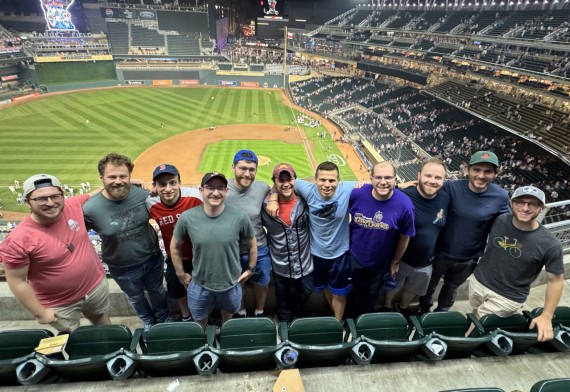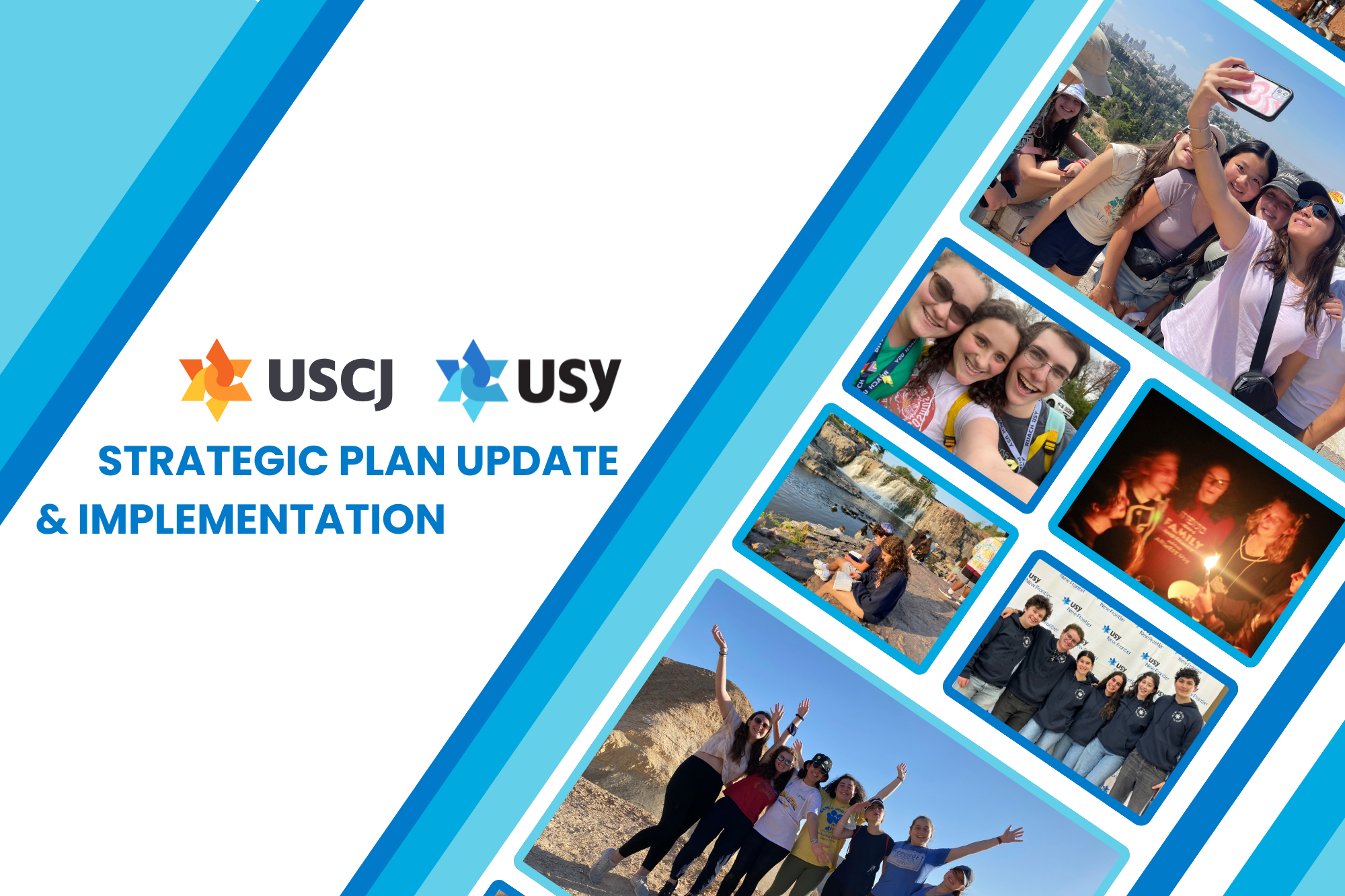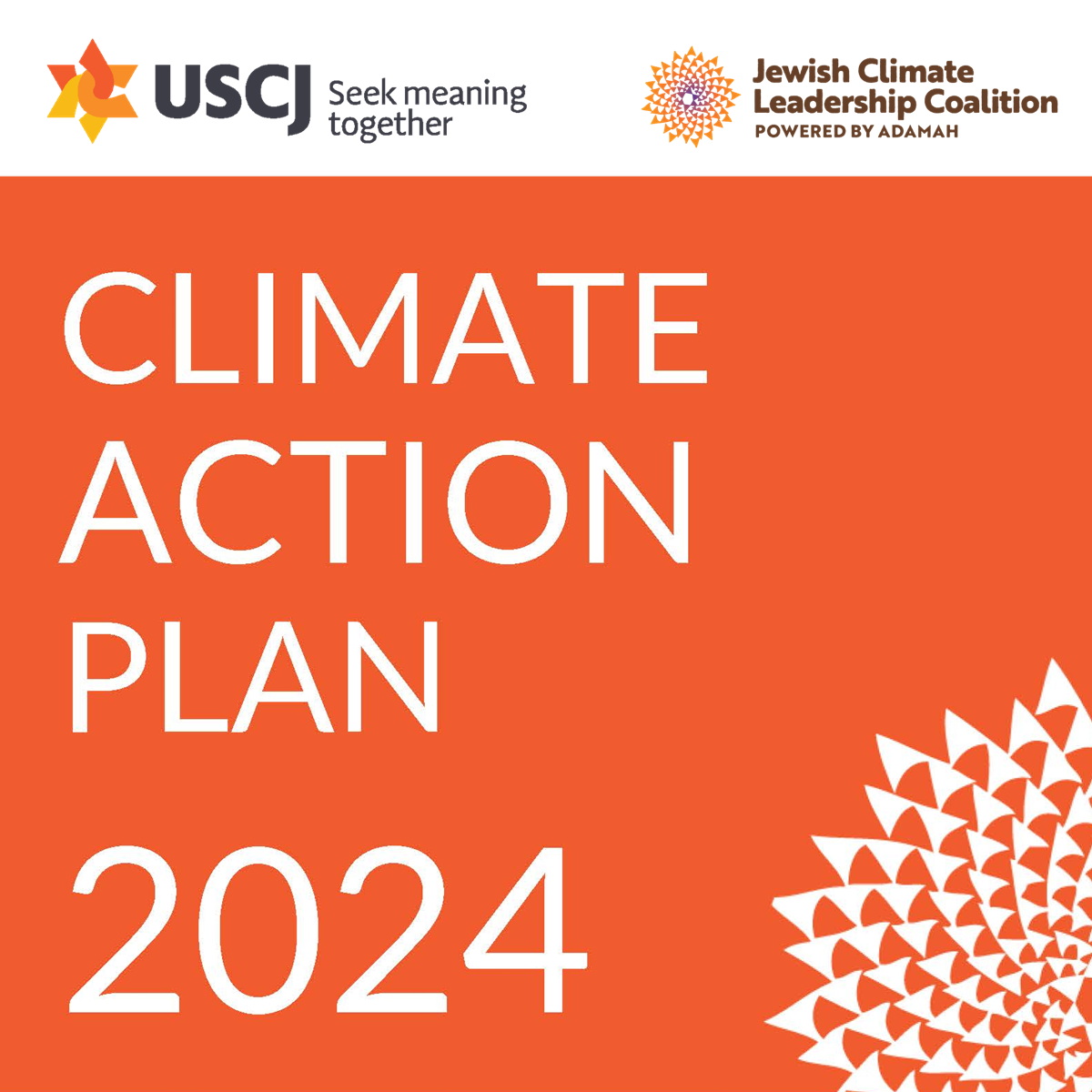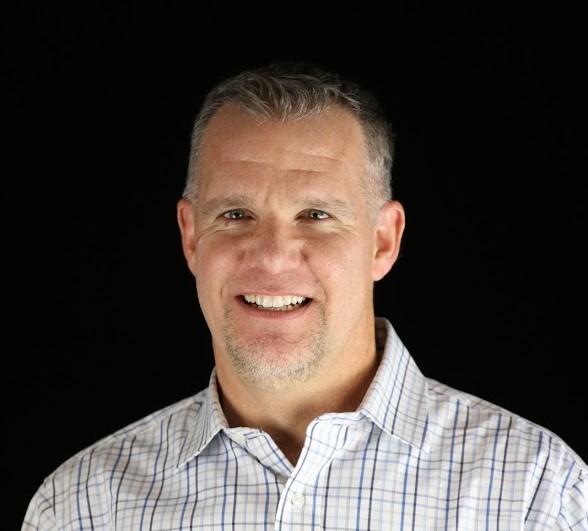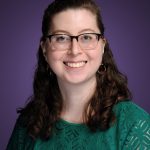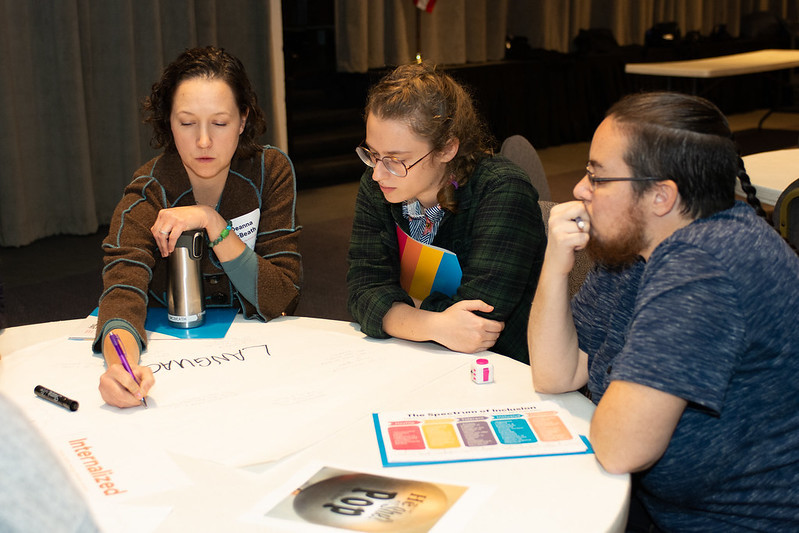
The USCJ-Keshet Leadership Project for LGBTQ Inclusion, now in its fourth consecutive year, will present a free full day workshop on March 30th in Cleveland, Ohio. Registration is open to a cohort of 10-15 congregations, with teams of 2-4 people per congregation. Teams may include senior level who want to engage in transformative learning and action in the area of LGBTQ inclusion. The full day workshop runs from 9 AM-3:30 PM and will be held at B’nai Jeshurun Congregation in Cleveland.
“We work toward achieving full equality for LGBTQ people in Jewish life in this signature program,” said Rabbi Micah Buck-Yael, Director of Education and Training at Keshet. “We believe that communities want to welcome and care about all of their members, and with our help, they can build a powerful platform.”
“We convene a cohort of organizations that will be learning and growing together over the course of a one-day intensive,” Buck-Yael continued. However, the learning doesn’t stop there. Keshet offers individual support and coaching beyond the workshop for up to one year. “We have found that our training is more effective when we are able to follow up with these congregations. Our role is not only in identifying for them the most important changes to policy and culture, but in actually helping them to make those things happen,” he added.
Change in synagogues is difficult, particularly when it pertains to the attitudes and assumptions about what constitutes “the norm” in the community. As a result, analysis has shown that many Conservative synagogues remain “unintentionally dis-inviting” to LGBTQ Jews in critical areas. In many cases, synagogues may not even be aware how simple decisions, such as listing “Father” and “Mother” on a religious school application, or not including any references to LGBTQ Jews on a synagogue website, send implicit messages about a synagogue’s perceived or actual level of inclusivity. On a deeper level, many well-intentioned heterosexual Jews may be unaware of how their privilege leads institutions to make religious and policy decisions that are hurtful to LGBTQ people who want to deeply engage in Jewish life, yet feel that the doors to Conservative synagogues are closed to them. As a result, unless communities can become more aware of how their actions (or inaction) affect who feels welcome, an uninviting culture is likely to remain.
A 2014 survey co-sponsored by USCJ in consultation with Keshet measured the inclusion of LGBTQ Jews in member synagogues. Based on the responses from 291 synagogues, many Conservative synagogues were taking important steps to form inclusive communities. The survey showed that 60% of these congregations reported members who openly identify as LGBTQ, 80% have membership policies that allow same sex couples to have a family/household membership, 77% offer counseling for LGBTQ individuals and families, and 66% of institutions had professionals who stated a willingness to advocate for LGBTQ rights. At the same time, the survey revealed that only 14% of those congregations offer staff training on LGBTQ inclusion, 15% actively promote their congregation in the LGBTQ media, and 25% include LGBTQ issues in their educational programming or curricula.
Registration information for the March 30th USCJ-Keshet Leadership Project is available here.
This article contains excerpts from Shaping Intentionally Inviting Communities: LGBTQ Inclusion in Conservative Synagogues by By Rabbi Joshua Rabin and Catherine Bell, originally published by eJewishPhilanthropy.

